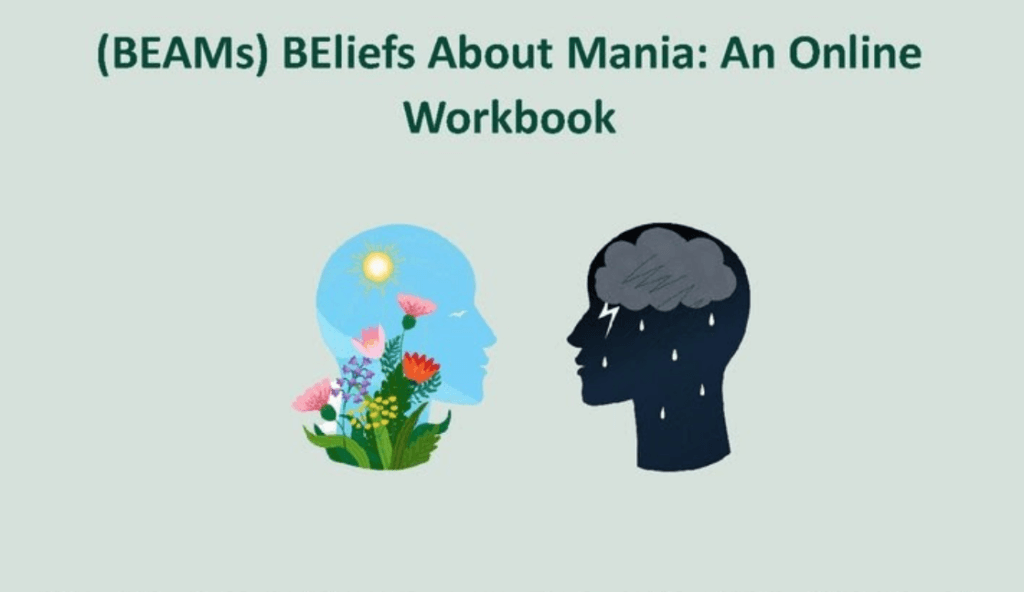
Prescribed Safe Supply Ethics Review Survey
Sent on behalf of the Bc Provincial Health Ethics Advisory Team
Hello,
I am reaching out to invite you to contribute to our ethical review of Prescribed Safer Supply. This is a project led by BC Provincial Health Ethics Advisory Team (PHEAT) at the request of Dr. Bonnie Henry.
More details are attached, as well as pasted below.
Engagement involves an online survey or Zoom interview, conducted before September 22nd.
The link to the survey is here: https://ext-qiqa.bcchr.ca/redcap/plugins/surveys/?s=YWHEAT8CTRCKM7R7
If you are not able to submit a written response, you can book a time for a Zoom engagement here https://doodle.com/bp/celestemacevicius/pss-ethical-analysis-engagements If none of the times work for you, or you would prefer to engage with another team member, please let us know and we can arrange an alternative.
Thank you very much
Celeste, on behalf of PHEAT
We recognize the issues we are addressing here have impacted all communities across BC. Many people have directly experienced suffering and loss in this crisis. Others have voiced fear that current action to address the illicit (street) drug market may create more harm than it tries to prevent. This work strives to provide an ethical lens to an evaluation of one current policy, Prescribed Safer Supply (PSS). Throughout this work we honour and reflect on the difficult and often devastating experiences of those impacted by the ongoing toxic drug emergency.
We invite you to participate in a survey or interview to contribute to an ethical review of the Prescribed Safer Supply (PSS) policy.
What is Prescribed Safer Supply (PSS)?
We are evaluating the BC Prescribed Safer Supply policy direction as well as prescriber-based versions of safer supply broadly.
Prescribed Safer Supply (PSS) is a policy put in place in 2021 by the BC Government. It allows physicians and nurse practitioners to prescribe pharmaceutical grade drugs to people who are getting drugs from the illicit (street) market (e.g., hydromorphone as an alternative for “down,” Ritalin as an alternative for cocaine). PSS aims to reduce the risk of poisoning and death due to the toxic drug supply.
For our analysis, prescriber-based safer supply refers to any intervention where a drug is prescribed to someone to replace the drugs they are accessing from illicit (street) market. This includes PSS, but also other versions (e.g., different program settings, types of drugs, or models of dispensing).
We are not analysing non-prescribed models of safer supply.
Who are we?
This project has been commissioned by the Provincial Health Officer (Dr. Bonnie Henry). It is being conducted by the BC Provincial Health Ethics Advisory Team (PHEAT). The co-chairs of PHEAT are Dr. Alice Virani and Dr. Bethan Everett. You can contact them at ethics@phsa.ca
Purpose of the project: We want to better understand how PSS is working in BC. We will be doing an ethical analysis as part of a larger evaluation of PSS in BC.
What are we doing?
We are conducting a review to better understand and address the ethical issues involved in PSS from different viewpoints. We want to hear from healthcare workers working with PSS, research experts, regulatory bodies, people with living and lived experience of drug use, and community members. This is not a research project but we will also be looking at studies, research and reports about PSS.
Our work is guided by our public health ethics, which means we look at benefits, risks and challenges of PSS to individuals and communities. PHEAT does not make decisions but will provide recommendations for decision makers to consider.
- We are not trying to defend or end PSS. We are sensitive to the complex nature of PSS, the wide range of potential benefits and risks to different groups of people, and the many ways to decrease the risks of harms. We will identify, put in context, and weigh the ethical issues carefully.
This ethical analysis is part of a larger provincial effort under the Public Health Office to evaluate the evidence for PSS, engage with impacted groups, and explore options moving forward.
Who can participate: We invite people who use drugs, family members, healthcare workers, researchers, policy makers, and community members in BC who are involved with PSS to participate in this project.
How to participate: You have the choice to complete the survey by clicking on the link at the bottom of this page or request an interview. The same questions are asked in the survey and interview. We encourage you to answer all the questions, but if there are any questions you do not want to answer or feel uncomfortable with you can skip the question or stop the interview at any time. We are grateful and welcome any response you can give.
If you are not able to submit a written response, you can book a time via Zoom or telephone by contacting project assistant Celeste Macevicius (see their contact information below).
On Zoom and via telephone, we will record the discussion (audio only, not video) and auto-transcribe (type out) the responses.
IMPORTANT: All surveys and interviews must be completed by September 22.
We encourage you to send the survey to other people or groups with interest, experience or unique contributions related to PSS.
Participating in the survey or interview is voluntary. All responses will be kept confidential. You can participate in the survey anonymously (without providing any identifying information). By submitting responses, you are consenting to participate. You can stop participating at any time. We do not anticipate any harm will be caused to you by completing the survey and participation will not affect any health care services or other government services you receive currently or in the future.
We are asking you to share the following personal information in this survey or interview:
- Your role and experience with PSS in different settings
- Your opinions
- Any personal information you provide in comment boxes
- Your personal email address if you want to receive an update on the project result
Only the project and technical support teams at the PHSA will access your information. When results are reported, presented, or published the project team will remove any information that could identify you or anyone else. The project team may use a quote from your comments if provided. Survey and interview data will be stored securely at PHSA for 1 year. Information will only be used for the purposes as outlined in this Form.
Your personal information is protected by our privacy law in BC. This law is called the Freedom of Information and Protection of Privacy Act (FIPPA). We are collecting your information under section 26 (c ) (e ) of FIPPA. The platforms used to collect survey data are fully compliant with FIPPA. The survey data is kept secure, and is stored and backed up in Canada. Questions regarding the collection of your personal information or requests for records may be directed to Information Access Privacy that supports PHSA at privacy@phsa.ca or 604.707.5833.
If you have any questions or concerns, please contact the project assistant, Celeste Macevicius at ethics@phsa.ca or call the PHSA ethics line at 1-888-300-3088 ext. 4029. If you have accessibility needs, please contact Celeste to explore options.
You are free to withdraw at any time. If you withdraw, you may request that your data be removed from the survey database if you have provided us with your contact information as part of your response.
If you would like to receive an update on the results of this engagement please provide your email address here to ethics@phsa.ca
- You may use email to communicate about this project. The team will use best efforts to keep your information confidential. However, there are always some risks of disclosure when using email and you should be aware that some email services may store the contents of your email account outside of Canada, where privacy and data security standards may be different than they are in Canada. If you have questions or would like to stop receiving communication via email, please contact Celeste Macevicius.
Consent
I have read and understand this form. I voluntarily consent to PHSA collecting, using, and disclosing the information I provide.
Resource list
The topics of this survey may cause distress. There are resources available to you:
·KUU-US Crisis Line – 24/7 suicide prevention and crisis support line for Indigenous people – 1-800-588-8717
- 1-800-Suicide – 24/7 suicide prevention and crisis support or all British Columbians – 1-800-784-2433
- BC Alcohol and Drug Information and Referral Service – 24/7 confidential support and referral to resources – 1 800 663-1441
- Ministry of Mental Health and Addictions resource directory – https://wellbeing.gov.bc.ca/
- Toward the Heart – Harm reduction information and resources – https://towardtheheart.com/
Celeste Macevicius, MPH (she/her)
Project Assistant, PHSA Clinical Ethics and Spiritual Care Service
Research Associate, Canadian Institute for Substance Use Research, UVic
Provincial Health Services Authority
Mobile: (778) 677-9423
Email:celeste.macevicius1@phsa.ca
I acknowledge with gratitude that my workplace is within the traditional, ancestral and unceded land of the lək̓ʷəŋən peoples

